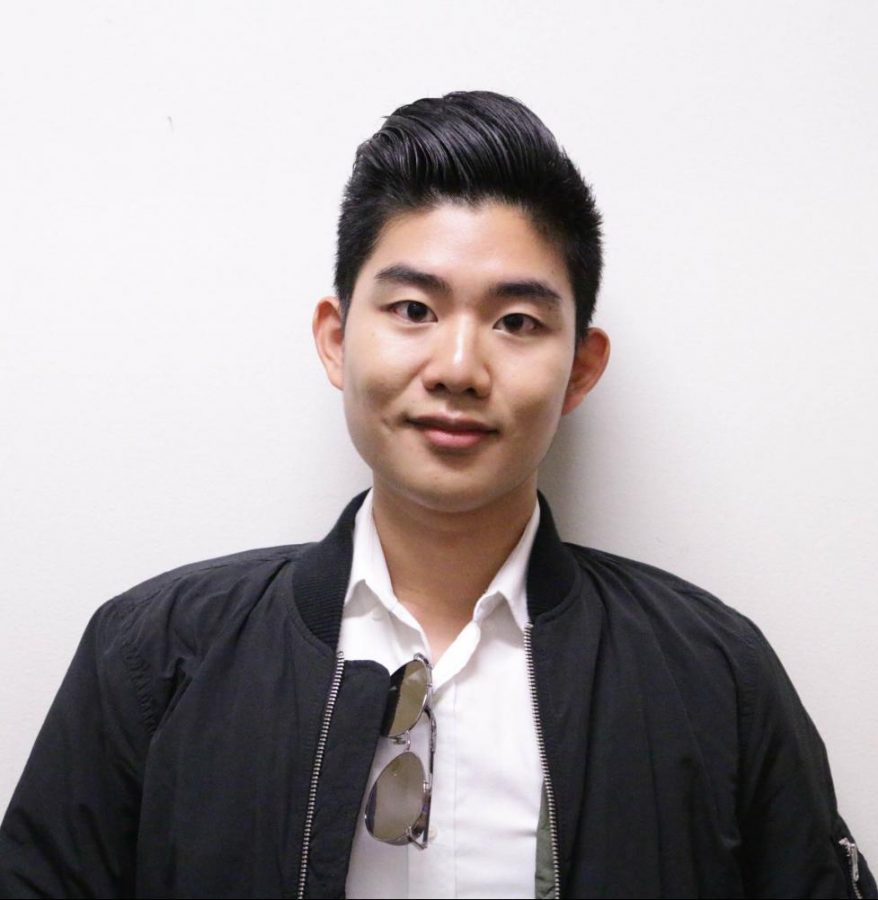Every Immigrant Has a Different Story
April 9, 2018
There are many classes of immigrants in the United States, to the extent that it is hard to underscore all of them the way we currently seem to be doing.
Dreamers — undocumented immigrants who were brought to the U.S. at a very young age by their guardians — have been at the forefront of the debate, along with other undocumented immigrants. For the most part, immigrants are depicted as one of two extremes: extremely vulnerable or extremely dangerous. However, little of our consciousness focuses on other types of immigrants: those who worked themselves up and garnered skills to stay in the U.S., those who invested a hefty amount of cash in exchange for a permanent visa, those who paid for a “birth vacation” to have their children take advantage of birthright citizenship, those fleeing a dictatorship from their own country and granted a visa — the list goes on. I am an immigrant that is somewhat privileged because I was primarily raised as an American. Yet, most people do not recognize that immigrants like me even exist.
My father was born in Taiwan in the 1950s as the child of Nationalist refugees fleeing communist rule in mainland China. While he might have been profiled as a refugee, my father was definitely one of the more privileged bunch in Taiwanese society — mainlanders who settled in Taiwan after the Chinese civil war received more favorable educational opportunities, more income and subsequently more upward mobility.
I was born in Taiwan and raised across the greater China region where my father worked. I attended elite schools that spoke English in class where burgers and fries were served for lunch. I did not move to the U.S. until the age of 15. However, because of an almost all-immersive American upbringing, I managed to fit in seamlessly — which makes me ask myself, am I an immigrant?
You can look at this in multiple ways, and each way offers a unique interpretation. I am of Asian descent. The fact that I was born outside of the U.S. and can command another language indicates that I am an immigrant. However, I was able to receive an American-like education everywhere I lived. Academically, and I can perhaps make a case for socially, I grew up all-American, and ultimately, I don’t feel foreign in the U.S. When I applied for my citizenship, I did not apply to migrate to the U.S., I applied as a the child of U.S. citizens who just happen to be born abroad. Looking at it this way, I am certainly not an immigrant, but just a U.S. citizen by birth who reported late.
All of my backstory reaffirms one point: we have looked at immigrants in such a singular way that we too often forget that immigrants are not necessarily vulnerable, dangerous or any other adjectives that the media and political officials would like us to believe. There is a medium within the politically polarized extremes of immigration, and many of us exist within it.
A version of this article appeared in the Monday, April 9 print edition. Email Wayne Chen at [email protected].

























































































































































James G • Apr 9, 2018 at 4:10 am
…and every victim of illegal immigrant crime has a different story, as well, but they all have ONE thing in common:
They would not have been victims had the illegal alien criminal not been in the USA.